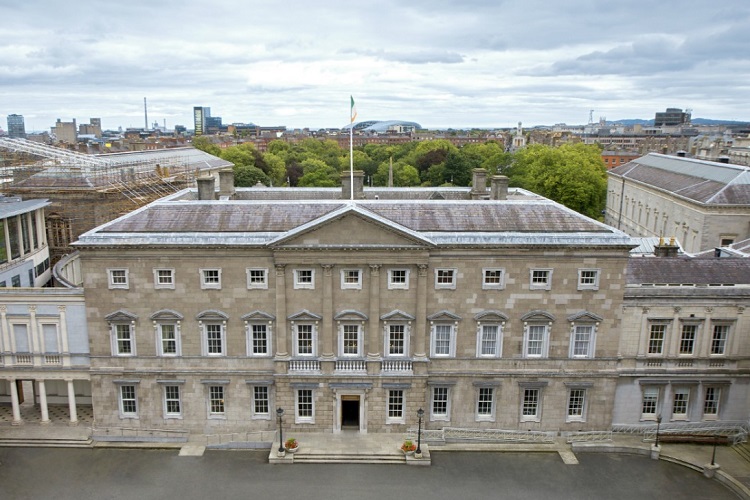PERITIA: Majority of Irish people felt Government’s COVID-19 response aimed to protect own reputation
Posted 13 June, 2022

Almost 75% of people in Ireland believe the government’s response to COVID-19 was motivated by protecting its own reputation, according to a new study by (opens in a new window)Policy Expertise and Trust in Action (PERITIA), a UCD-lead European Commission Horizon 2020 project.
The research, which surveyed over (opens in a new window)12,000 people across six European countries to investigate public trust in expertise, found that 58% of Irish people felt ‘making lots of money’ from the pandemic was also a priority for the Government.
Ireland was far from alone in holding this view, with majorities in the other nations surveyed sharing similar perceptions.
In Italy, 73% said their government’s COVID-19 response was motivated by protecting its reputation. While in 61% in the UK believed their government’s actions during the pandemic were motivated by making money.
In contrast, the competency of scientists reacting to the pandemic was judged far more favourably, particularly in Ireland, where they scored the highest among the countries surveyed on a range of measures.
Only 12% of people in the Ireland thought scientists involved in tackling coronavirus were ineffective, compared with 59% who said they had performed well. Slightly more than one in ten (13%) though believe scientists had been dishonest in dealing with the pandemic.
“This major study across six countries measures the publics’ perceptions of the COVID-19 Pandemic and key institutions reactions to it,” said (opens in a new window)Professor Maria Baghramian, Professor of Philosophy at UCD School of Philosophy and coordinator and project leader of PERITIA.
“A key point in Ireland is the publics’ high level of belief and trust in advice from the scientific community. Given the high regard for scientists in Ireland, this perhaps validates, or at least explains, the Government’s decision to put NPHET at the forefront of public advice on action and measures to combat COVID-19 during the pandemic. Their advice was more likely to be listened to and trusted.”
Across a range of questions, scientists tackling COVID fare much better than the government in terms of how their motivations are perceived by the public. In Ireland, when came to the pandemic:
- 77% said scientists were motivated by concern for those most likely to be harmed by COVID-19 or took actions to address it, compared with the 63% who said the same about the Government.
- 74% thought scientists were motivated by improving the lives of future generations – higher than the 51% who said this was true of the Government.
- And 76% believed scientists were motivated by the thought the public are counting on them, versus 59% who felt the government shared this concern.
Perceptions of other institutions, such as the European Commission, were also favourable, with only 16% of respondents in Ireland rating the European Commission as being dishonest in its handling of the coronavirus pandemic.
This was the lowest score of the nations surveyed and compares favourably with the six-country average of 23%. Germany and Poland held the most negative views about the Commission, with 28% and 25% respectively holding an unfavourable view of its honesty.
The PERITIA project, led by UCD Professor Maria Baghramian, is investigating the topic of public trust in experts, examining the role of science in policy decision making and the conditions under which people trust and rely on expert opinion that shapes public policy.
This latest survey was carried out by the Policy Institute at King’s College London and covered six countries – Ireland, the UK, Italy, Germany, Norway, and Poland.
The countries were selected to reflect differences across factors such as location within Europe, population size, GDP levels, political structure, and levels of trust in institutions, as measured in previous studies.
By: David Kearns, Digital Journalist / Media Officer, UCD University Relations






